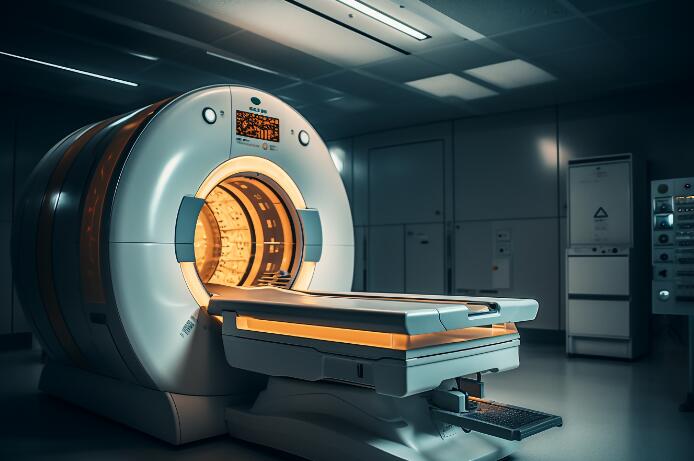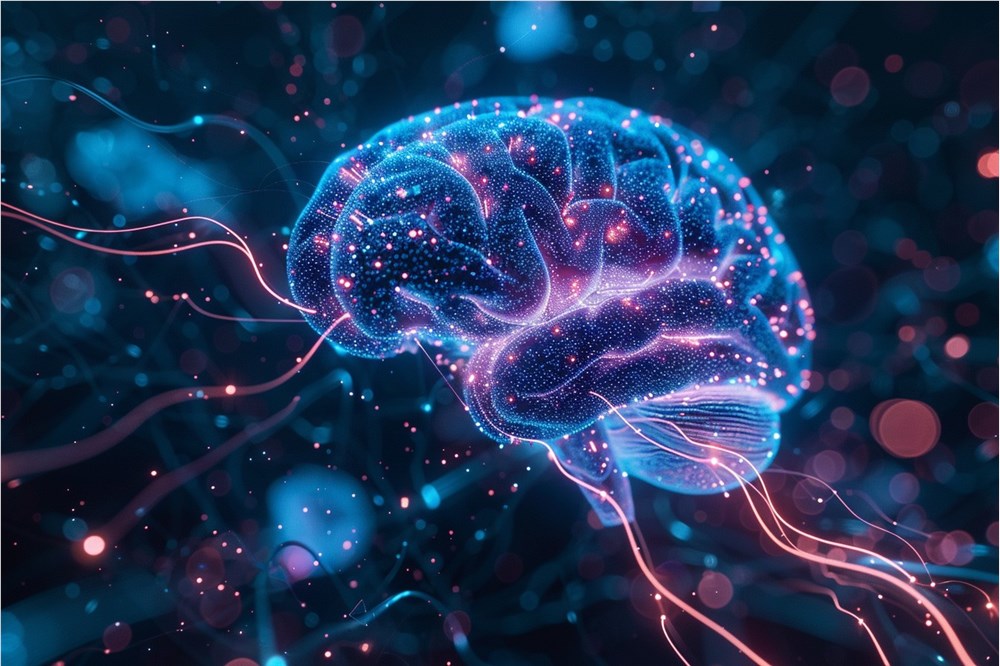The field of American technology policy is undergoing significant changes. Recently, Stanford University's Human-Centered AI Institute (Stanford HAI) researcher Michael Kratsios was appointed as the Director of the White House Office of Science and Technology Policy, and also as the President's Technology Advisor for the incoming Trump administration. This appointment has attracted widespread attention, indicating that the influence of AI senior researchers in the U.S. on national technology policy is growing.
**Trump Recalls Old Team, Restructures Technology Team**
In addition to Michael Kratsios, Trump also appointed another senior figure, Lynne Parker, as the Executive Director of the President's Technology Advisory Committee. Both are senior officials from his first term, and they will work with previously appointed "AI and Cryptocurrency Tsar" David Sacks and other technology experts focused on AI and cryptocurrency in the White House. In his appointment statement, Trump said that they will work together to achieve scientific breakthroughs, ensure America's technological leadership, and usher in the golden age of American innovation.
**Michael Kratsios: The Behind-the-Scenes Force of America's AI Strategy**
Michael Kratsios is not only a U.S. business executive and former senior government official but also the General Manager of Scale AI. Before that, he served as the fourth Chief Technology Officer of the White House, leading the development and implementation of the national technology policy agenda. Under his leadership, the White House adjusted the direction of the national technology policy to ensure that the United States maintains a leading position in emerging technology fields.
In 2020, he led the design of America's first AI strategy - the AI plan. This plan doubled the federal AI and quantum research funding and formulated the world's first AI development regulatory principles. He also led the United States to draft the first intergovernmental AI policy guidelines at the Organization for Economic Co-operation and Development (OECD), and supervised the implementation of landmark bills such as the National AI Plan Act and the National Quantum Plan Act. These bills facilitated the establishment of the National AI Plan Office and the National Quantum Coordination Office in the White House, and led to the creation of a $10 billion national AI and quantum research institution network.
Before joining the White House, Michael served as the Undersecretary of Defense for Research and Engineering, managing the world's largest research and development budget for a single organization and supervising all research, engineering, development, and prototype production at the Department of Defense. He supervised the Defense Advanced Research Projects Agency (DARPA), Missile Defense Agency, Defense Innovation Department, Space Development Agency, and Defense Department Laboratories Enterprise.
Michael Kratsios's outstanding contributions have been widely recognized, winning the unanimous confirmation of the U.S. Senate and the highest civilian award from the Department of Defense - the Department of Defense Distinguished Public Service Award. He was also named one of the "40 Under 40" by Fortune magazine, becoming a role model in both the political and technology sectors. Notably, he was born in South Carolina, received a Bachelor of Arts degree from Princeton University, and was a visiting scholar at Tsinghua University.
This series of personnel appointments indicates that the Trump administration is actively promoting technological innovation and intends to occupy a leading position in emerging technology fields such as AI. How the development of American technology policy will be in the future, and what impact these appointments will have on the global technology landscape, is worth our close attention.
**References**: https://www.politico.com/news/2024/12/22/trump-names-kratsios-parker-to-tech-roles-00195859?sf211075298=1








暂无评论